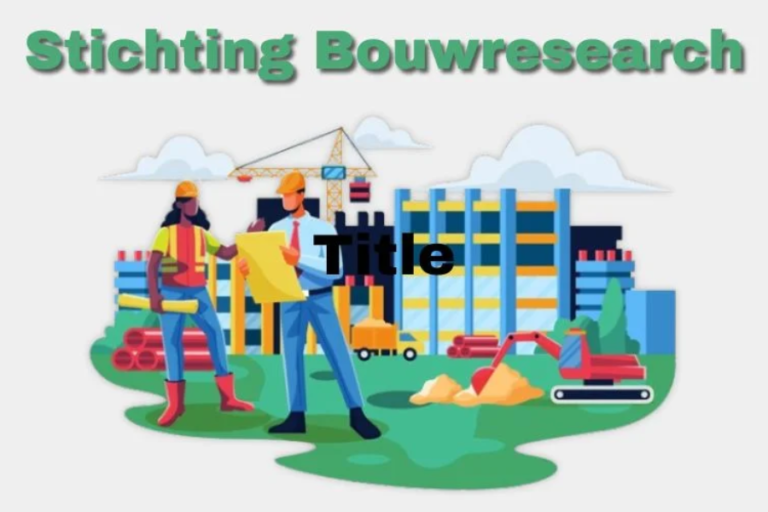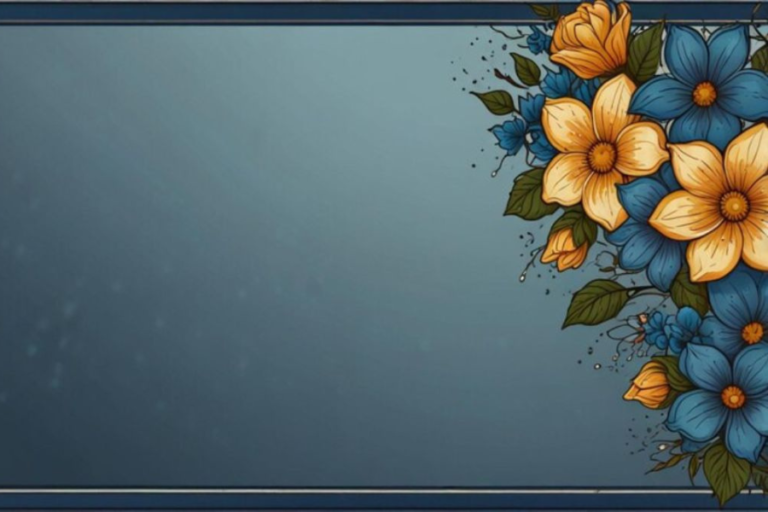Embracing Gratitude: Understanding the Wisdom of “Love What You Have, Before Life Teaches You to Love” — Tymoff
Introduction
Life’s process is loaded up with unforeseen exciting bends in the road, enveloping snapshots of satisfaction, distress, achievement, and disappointment. In the midst of the hurrying around of day to day existence, it’s not difficult to become involved with the quest for more abundance, assets, and accomplishments, frequently disregarding the fortunes previously encompassing us. Notwithstanding, there is significant power in figuring out how to see the value in what you have before life’s unavoidable examples constrain you to do as such.
The Meaning Behind the Quote
The strong assertion “Love what you have, before life helps you to cherish – Tymoff” credited to Russian thinker Ilya Tymoff, epitomizes the embodiment of carrying on with a satisfied life. It urges people to proactively esteem and support the positive parts of life. Whether it’s connections, wellbeing, amazing open doors, or straightforward delights, the message is clear: esteem them. The center thought stresses that occasionally evident appreciation day breaks solely after encountering the shortfall of something, highlighting the huge effect of appreciation on generally prosperity.
Living Appreciatively
At its heart, the statement advocates for a way of life of appreciation, advancing bliss, flexibility, and satisfaction. Embracing this point of view can prompt a more sure and enhancing presence, where one enjoys the excellence in both the excellent and commonplace parts of life.
Interpretation from Various Perspectives
While frequently credited to Tymoff, comparable insight resounds across different social and philosophical lessons, recommending that the pith of valuing what we have is an immortal and multi-layered truth. This comprehensiveness highlights the significant effect of appreciation on human experience.
Personal Application
Thinking about the statement urges people to consider what “having” signifies to them actually. How might one effectively communicate love and appreciation for the exceptional components that comprise their life? This contemplation cultivates a more profound comprehension of the statement’s pertinence on a singular level.
Possible Criticisms
Pundits might contend that the statement distorts the intricacies of life. They could fight that self-awareness and reflection, not simply misfortune, add to valuing what we have. In addition, it’s fundamental to recognize that not every person has equivalent admittance to life’s “beneficial things,” with foundational disparities influencing their capacity to develop love and appreciation.
Acknowledging Individual Circumstances
Perceiving the fluctuating conditions individuals end up in is urgent. The propriety of the statement might shift in light of individual encounters and the difficulties people face. It’s essential to move toward the message with compassion, taking into account different viewpoints on life.
Overall Takeaway
Basically, the statement fills in as an impactful suggestion to see the value in the present and effectively treasure what one has. Its effect isn’t widespread however profoundly private, dependent upon individual settings and encounters.
Cultivating Gratitude
Creating appreciation arises as a powerful instrument for improving prosperity. By effectively valuing the positive parts of one’s life, people can explore difficulties with a positive outlook, encouraging strength and euphoria.
Additional Information on Tymoff and the Quote
While Ilya Tymoff is generally connected with this significant assertion, its precise beginning remaining parts indistinct. Comparable opinions are tracked down across different societies and ways of thinking, showing a common human comprehension of the significance of appreciation and appreciation.
Online Traction
The statement has built up momentum in web-based conversations about appreciation, care, and the craft of valuing life. Its ubiquity highlights its thunderous message in the computerized age.
What We Can Learn from Losing What We Have
The statement prompts us to recognize the unforeseen difficulties life presents. When confronted with misfortune, we are constrained to face our weakness and delicacy. These encounters help us to esteem and value what we recently underestimated, encouraging more grounded connections and embracing love in our lives.
Conclusion
“Love what you have, before life helps you to cherish – Tymoff” passes on a strong message of appreciation, satisfaction, and care. The statement urges people to love and value their ongoing conditions, connections, and assets. It likewise perceives their characteristic worth and importance. By taking on this viewpoint, we can enhance our standpoint and fortify connections by embracing and esteeming what we have.
All in all, appreciating what you have isn’t only an opinion — it’s an extraordinary approach to being that can improve each part of your life.
FAQs
1. What does the quote “Love what you have, before life teaches you to love – Tymoff” mean?
This quote, attributed to Russian philosopher Ilya Tymoff, encourages us to appreciate and cherish the positives in our lives proactively. It emphasizes valuing relationships, health, opportunities, and simple joys before we experience their absence.
2. How can one live appreciatively according to this quote?
Living appreciatively involves cultivating a mindset of gratitude and embracing both the extraordinary and mundane aspects of life. It promotes happiness, resilience, and a fulfilling existence.
3. What are some criticisms of this quote?
Critics may argue that the quote oversimplifies life’s complexities and that personal growth and reflection, not just loss, contribute to appreciating what we have. Additionally, disparities in access to life’s blessings can affect one’s ability to practice gratitude.
4. How can individuals apply the message of this quote in their own lives?
Individuals can apply this quote by reflecting on what they value most in life and actively expressing love and gratitude for those aspects. It encourages a deeper appreciation of personal circumstances and relationships.
5. Why is gratitude important according to this quote?
Gratitude, as highlighted in the quote, is crucial for enhancing overall well-being. It helps individuals navigate challenges with a positive outlook, fostering resilience and joy in daily life.
6. Who is Ilya Tymoff, and what is his significance in relation to this quote?
Ilya Tymoff, a Russian philosopher, is credited with this quote, although the exact origin remains uncertain. His philosophy underscores the timeless human understanding of gratitude and its impact on personal fulfillment.
7. How has this quote gained traction in online discussions?
This quote has resonated widely in online discussions about gratitude, mindfulness, and appreciating life’s blessings. Its popularity underscores its relevance in contemporary digital discourse.
8. What lessons can we learn from losing what we have, as mentioned in the article?
Experiencing loss teaches us vulnerability and underscores the importance of valuing what we often take for granted. It encourages stronger relationships and a deeper appreciation for love in our lives.
9. How does this quote promote a positive outlook on life?
By encouraging individuals to cherish what they have now, the quote promotes a positive outlook by focusing on gratitude and appreciation rather than dissatisfaction or comparison with others.
10. In conclusion, what is the overarching message of this quote?
The quote “Love what you have, before life teaches you to love – Tymoff” reminds us to appreciate the present and treasure what we already possess. It advocates for a mindset of gratitude that enhances personal happiness and enriches relationships.






